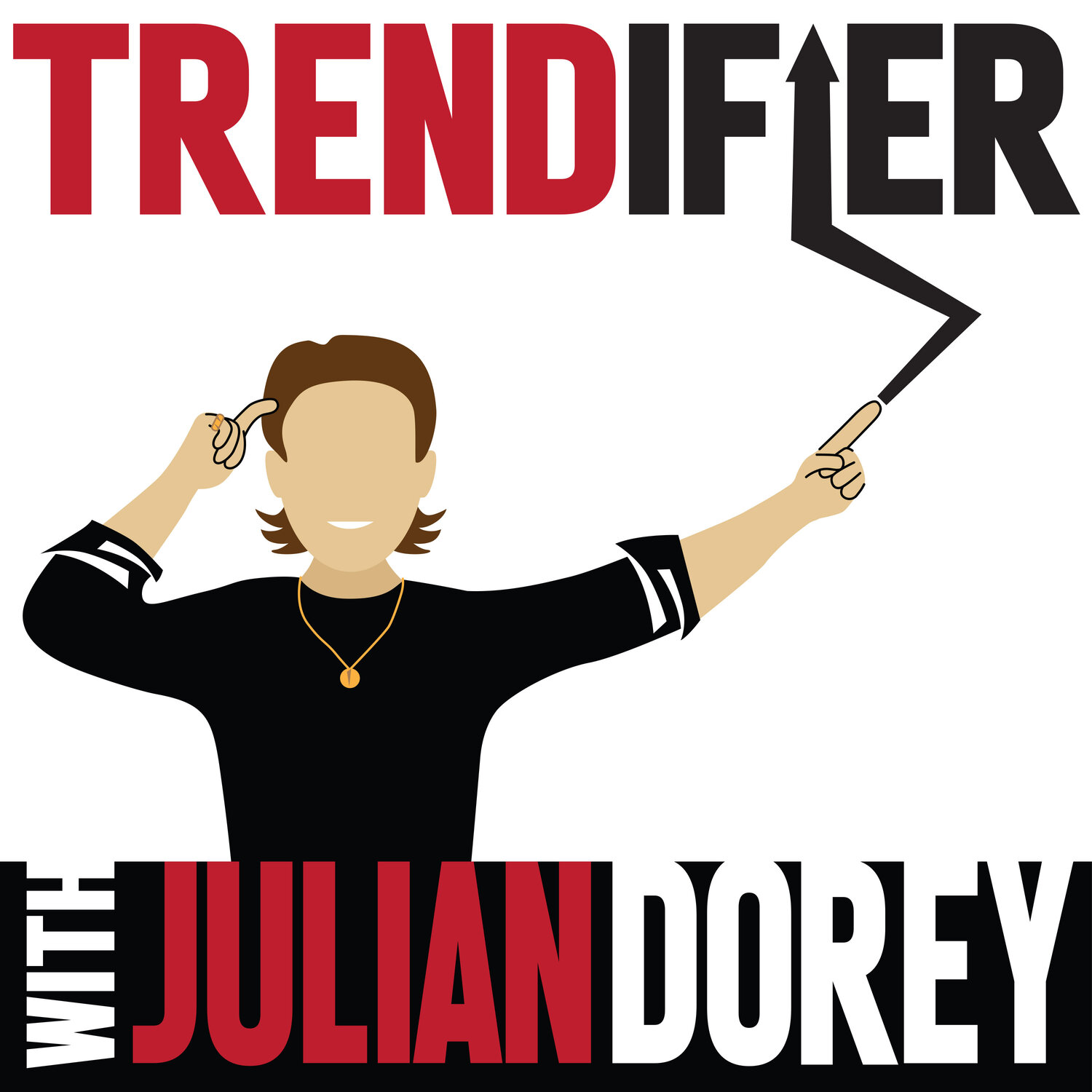#11 - Influencers Part 1: COMPARISON CULTURE
Influencer Gabbie Hanna fakes going to coachella
Quote:
In the closing remarks of her video Hanna said
"Social media, for the most part is just a very curated and manipulated version of reality. Just don't base your life off of the few posts a week from your favorite influencer living this glamorous, colorful, saturated, hip, trendy, amazing life. Because the whole time I was living my best life at Coachella, I was really, uh, for the most part, sitting in this editing chair."
MySpace was “first--but Facebook came in and captured the entire market
WHAT I SAW HAPPENING WITH SOCIAL MEDIA THRU FACEBOOK
The upside to breaking down the barriers to entry for attention
1. Corporate control taken away
Who does what or who people decide to consume for entertainment
Freedom to share talents, gifts and the unique things about us that make us different
Freedom to exchange ideas and opinions
2. Social Media is the most powerful tool to keep us literally and visually connected and aware of the strongest and even smallest relationships from throughout our lives...HOLD ON WITH THIS ONE
The downside:
The rat race for:
Attention
Validation
Network competition
Aforementioned “FILTER VANITY”
Like counts, less posts, more curated, etc.
More on this in a bit
“Let’s run it up” or “Now that this is trending, follow for follow” “Now that this is trending, check out my ____ and run it up.”
TikTok
TikTok “Like for follow” “make Me TikTok Famous” “#Viral”
...Just look at how social apps have evolved over the years
First MySpace
Then Facebook
Facebook statuses moved to twitter
Then Twitter
“Group text” concept
Then IG
Filter Vanity
Youtube was always around, but a bit different
Vine
Then TikTok
Married the concepts of IG with Vine
Comparison Culture --Lauren Geall in Stylist -- Affecting how we view the world and our value in it
Sean Parker -- Napster & Facebook’s first President
Social Validation Feedback Loop
THIS ALL AFFECTS THE GEN Z’s & MILLENNIALS MORE THAN ANYONE ELSE
These trends have affected every demographic and generation--but the children of its grip are undoubtedly the Gen Z’s and Millennials, who are collectively already more relevant and important to societal direction than the older Gen X and Baby Boomer generations.
Management Recruiters International
By the year 2020, 50 percent of US workforce will be Millennials
Gen Z is already making their way into the force as well, I’ve seen stats that have them in the 5-10% range of the workforce
Sue in accounting is gone
AS OF JANUARY 2020
Over 1 Billion Worldwide users
Around 121 million in US alone
65% of users between 18 & 34
63% of all users access IG daily
28 minutes per day average across all users (including non-daily)
The overall vibe of “Look at me” leads to competition, which leads to attention--and the focus ends up on numbers.
Likes, comments--and FOLLOWERS.
THE OLD DAYS
To go outside your network, there were things like “Like-4-Like” & Follower-For Follower Movements that favored the best curated aesthetics and looks
Luke Cervino
Or Viral Moments (Murad Osmann “Follow Me To”)
Spread massively
Propped up those with:
Pre-existing social clout
Looks
Crazy backstories
Knowledge on a key cultural activity
Etc.
All to garner more attention than the average person.
Influencer Sub-Categories Formed
Fashion
Food
Lifestyle
Fitness
Beauty
Travel
The Distribution of Follower Accounts Statistics
Over 1 Billion IG Accounts globally
Just over 10% have at least over 10,000 followers (the usual threshold for “micro-influencer” status)
Between 1 and 2 percent of accounts have at least 50,000 followers
And 3-400,000 accounts have over 100,000 followers
At 400,000 accounts, that means approximately 0.04 accounts out of a billion actually become macro “influencers”
And these days, many would say you need 500,000 or 1M for them to consider you “legit”
The Logan Paul’s and Amanda Cerny’s of the world
Brands are throwing money at influencers
Brand Concept
Sell via “real people” who have followers’ “trust”
The ultimate “testimonial advertising”
According to DMI’s 2018 data:
86% of women use socials for purchasing advice
49% of consumers depend on influencer recommendations
Keep in mind--2018 DATA***...remember that.
US influencer marketing spend is already in the billions per year--and some estimates see the annual industry spend increasing to over $10 billion within the next couple of years.
The Psychology Behind Why We’ve Developed Trust in and Reliance on Influencers — Bradley Hoos in Forbes
The Psychology of Influencer Marketing (Forbes -- Bradley Hoos)
Cultural Conformity
Tiger Woods
We have a sense of power and control in choosing them
Informational Social Influence (We want to be like them)
Personal Connection
A Desire to Help Others
